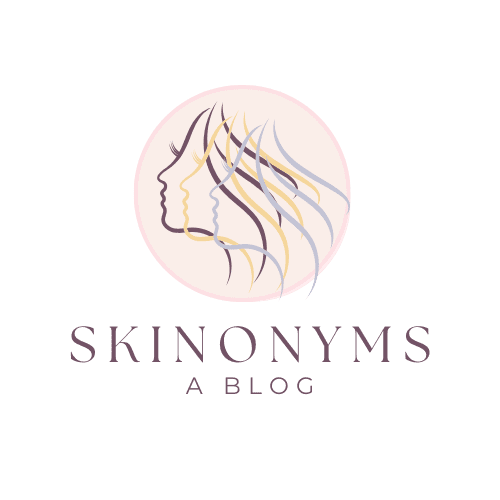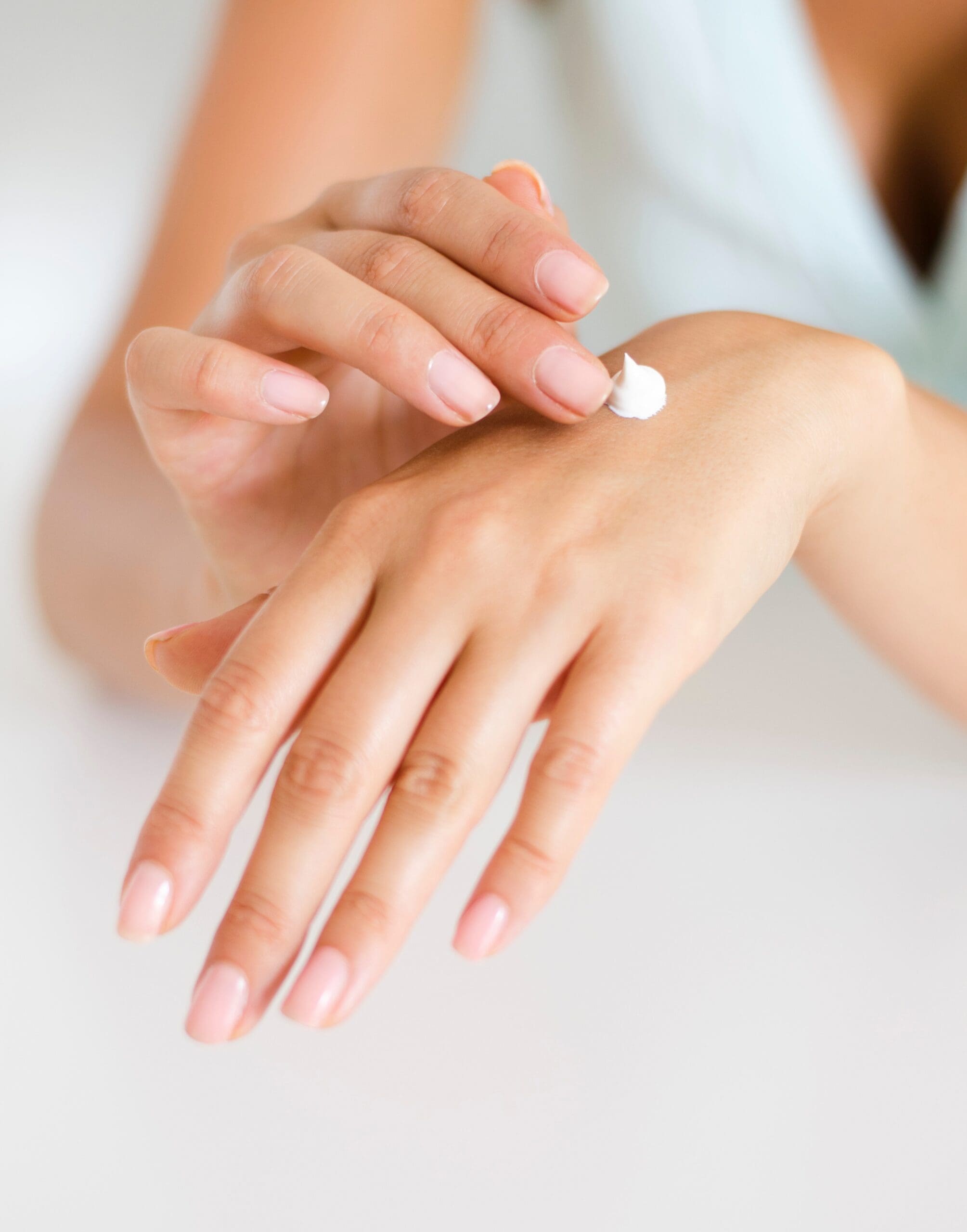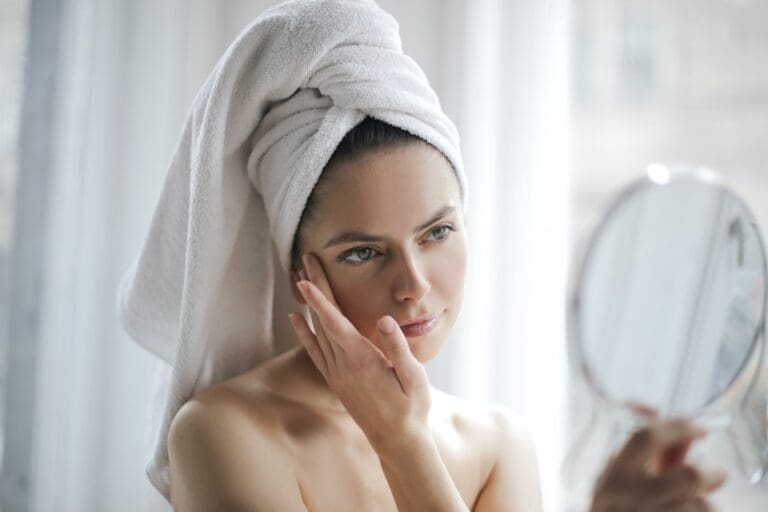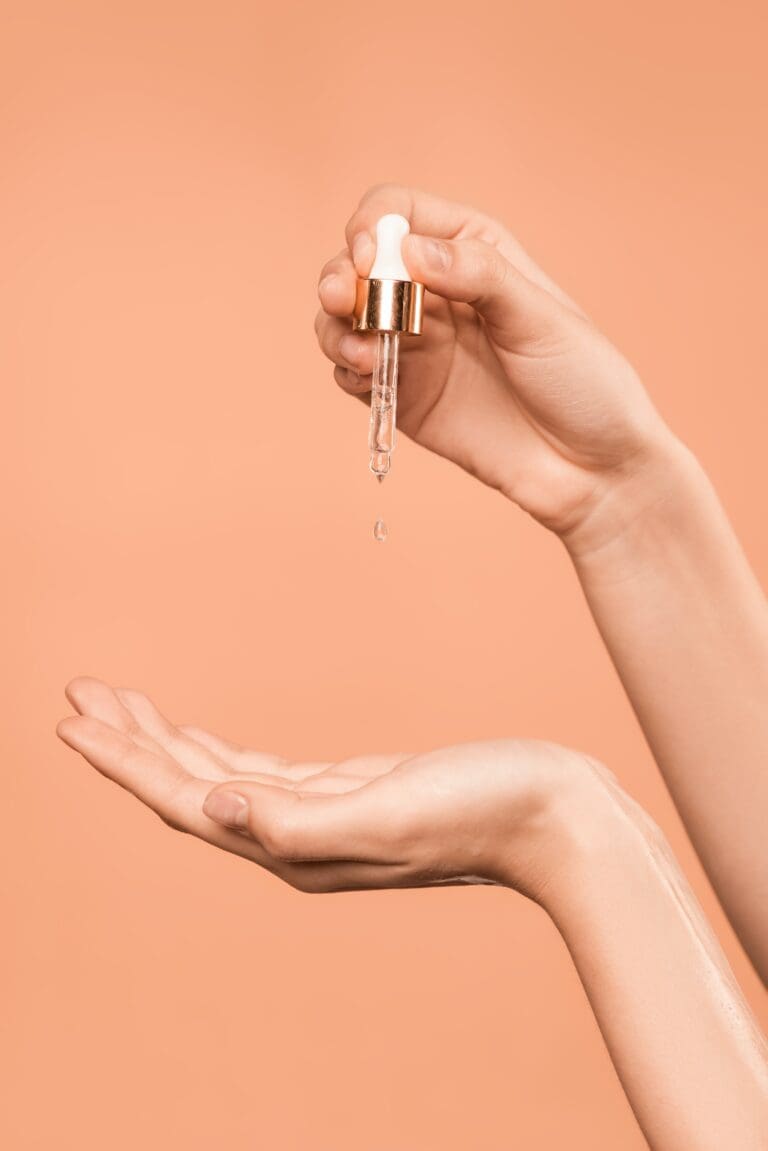Retinol’s Anti-Aging Benefits and More: Exploring Its Effects
Retinol is a form of vitamin A that has been used for decades to treat various skin conditions. It is commonly found in anti-aging skincare products due to its ability to slow the signs of aging. But how exactly does it work, and what other benefits does it provide?
Retinol works by increasing the production of collagen, a protein that gives skin its elasticity and firmness. As we age, our skin produces less collagen, resulting in wrinkles and fine lines. Retinol also helps to speed up cell turnover, which means that dead skin cells are shed more quickly, revealing fresher, younger-looking skin. Additionally, retinol can help to unclog pores and reduce the appearance of acne and blackheads.
Understanding Retinol
Retinol is a form of vitamin A that is commonly used in skincare products due to its effectiveness in reducing the signs of aging. It works by stimulating collagen production and increasing cell turnover, resulting in smoother, more youthful-looking skin.
Retinol is a type of retinoid, which is a class of compounds that are derived from vitamin A. Other types of retinoids include tretinoin (also known as Retin-A), adapalene, and tazarotene. These compounds are often used in prescription-strength skincare products to treat acne, psoriasis, and other skin conditions.
When applied topically, retinol is converted into retinoic acid, which is the active form of the compound. Retinoic acid is what actually provides the anti-aging benefits of retinol, but it can also be irritating to the skin. For this reason, it is important to start with a low concentration of retinol and gradually increase the strength over time.
Retinol can provide a range of benefits beyond just reducing the signs of aging. It can also help to improve skin texture, reduce the appearance of pores, and even out skin tone. Additionally, retinol has been shown to have anti-inflammatory properties, making it useful for treating acne and other inflammatory skin conditions.
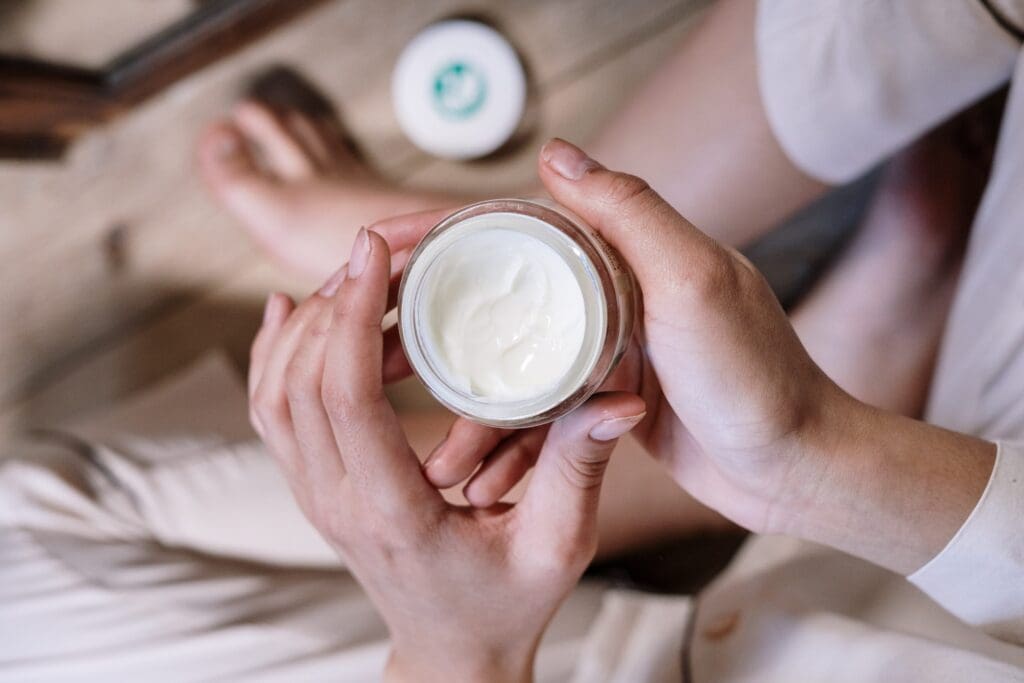
How Retinol Works
Retinol works by penetrating the skin and interacting with skin cells to produce a range of beneficial effects.
Collagen Production
Collagen is a protein that gives skin its structure and elasticity. As we age, collagen production decreases, leading to wrinkles and sagging skin. Retinol can help to stimulate collagen production, which can lead to firmer, smoother skin.
Cell Turnover
Dead skin cells can build up on the surface of the skin, leading to a dull, uneven complexion. Retinol can help to increase cell turnover, which means that dead skin cells are shed more quickly, revealing fresher, brighter skin underneath.
Hyperpigmentation Reduction
Hyperpigmentation is a common skin concern that occurs when patches of skin become darker than the surrounding skin. This can be caused by a range of factors, including sun damage and hormonal changes. Retinol can help to reduce hyperpigmentation by inhibiting the production of melanin, the pigment that gives skin its color.
Retinol and Aging
Retinol is a popular ingredient in many anti-aging skincare products due to its ability to improve skin texture, tone, and reduce the appearance of wrinkles and fine lines. Here are some ways retinol can help with aging:
Wrinkles and Fine Lines
One of the most noticeable signs of aging is the appearance of wrinkles and fine lines. Retinol can help reduce the appearance of these by stimulating collagen production, which helps to plump up the skin. Collagen is a protein that is naturally found in the skin and helps to keep it firm and elastic. As we age, our collagen production decreases, leading to the formation of wrinkles and fine lines. Retinol can help to counteract this by increasing collagen production, which can help to reduce the appearance of wrinkles and fine lines.
Age Spots and Dark Spots
Another common sign of aging is the appearance of age spots and dark spots on the skin. These are caused by an increase in melanin production, which can be triggered by sun exposure or hormonal changes. Retinol can help to reduce the appearance of these spots by exfoliating the skin and promoting cell turnover. This can help to fade existing spots and prevent new ones from forming.
Skin Texture and Tone
Retinol can also help to improve skin texture and tone. It works by increasing cell turnover, which helps to remove dead skin cells and promote the growth of new ones. This can help to improve the overall texture of the skin, making it smoother and softer. Retinol can also help to even out skin tone by reducing the appearance of hyperpigmentation and redness.
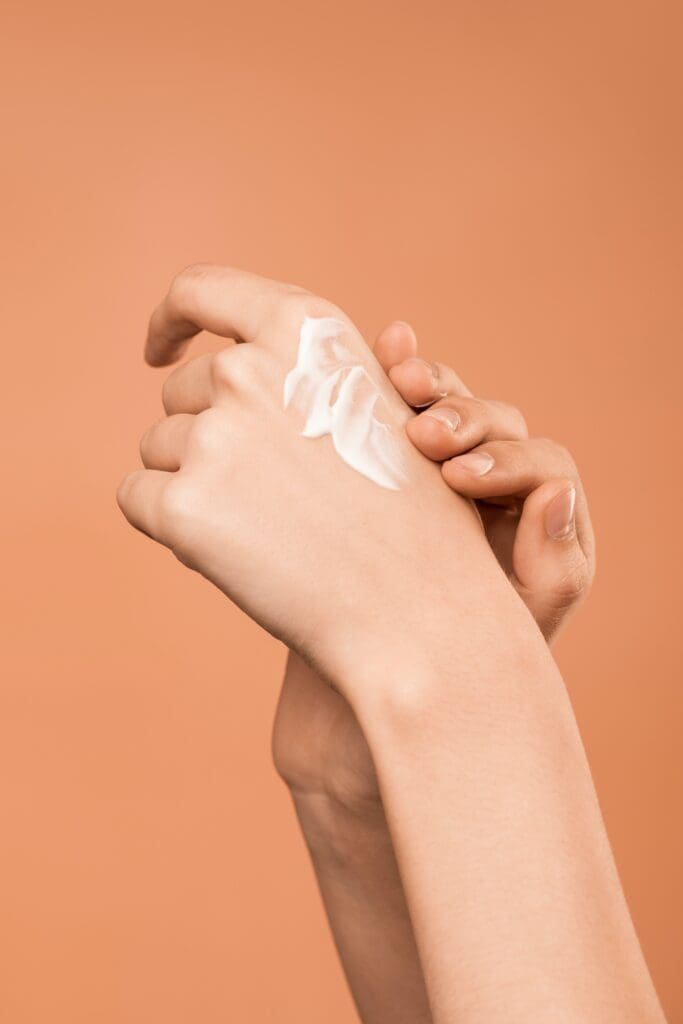
Types of Retinol Products
When it comes to retinol, there are different types of products available on the market. These products vary in concentration, formulation, and whether they require a prescription or not. Here are some of the common types of retinol products you may come across:
Prescription Retinoids
Prescription retinoids are the strongest retinol products available and are only available with a prescription from a dermatologist. They contain a higher concentration of retinoids such as tretinoin, adapalene, and tazarotene. Prescription retinoids are commonly used to treat severe acne, psoriasis, and other skin conditions. They work by increasing cell turnover, reducing inflammation, and stimulating collagen production. However, prescription retinoids may cause skin irritation, dryness, and redness, especially during the first few weeks of use.
Over-The-Counter Retinol
Over-the-counter retinol products are available without a prescription and contain a lower concentration of retinol. They are milder compared to prescription retinoids and are suitable for individuals with mild to moderate skin concerns. Over-the-counter retinol products are available in different formulations such as creams, serums, and lotions. They work by increasing cell turnover and stimulating collagen production. Over-the-counter retinol products are generally safe for most people to use, but they may cause skin irritation and dryness, especially when used in high concentrations.
Serums and Creams
Retinol serums and creams are the most popular types of retinol products available on the market. They are available in different concentrations and formulations and can be used to treat a variety of skin concerns such as fine lines, wrinkles, and uneven skin tone. Retinol serums and creams are easy to apply and are absorbed quickly into the skin. They work by increasing cell turnover, stimulating collagen production, and reducing the appearance of fine lines and wrinkles. However, they may cause skin irritation and dryness, especially when used in high concentrations.

Application and Skin Care Routine
When incorporating retinol into your skin care routine, it’s important to follow a few guidelines to ensure that you’re getting the most out of this powerful ingredient. Here are some tips to help you get started:
Cleansing and Applying
Before applying retinol, make sure your skin is clean and dry. Use a gentle cleanser to remove any dirt, oil, or makeup from your skin. You don’t want any other products interfering with the absorption of retinol.
Once your skin is clean, apply a small amount of retinol to your face and neck. Start with a pea-sized amount and work your way up to more as your skin becomes accustomed to the product. Avoid applying retinol to the delicate skin around your eyes.
Use of Sunscreen
Retinol can make your skin more sensitive to the sun, so it’s important to use a broad-spectrum sunscreen with an SPF of at least 30 every day. Apply sunscreen after your moisturizer and before your makeup. Reapply every two hours if you’re spending time outdoors.
Moisturizing
Retinol can be drying to the skin, so it’s important to use a moisturizer to keep your skin hydrated. Look for a moisturizer that’s non-comedogenic (won’t clog pores) and fragrance-free. Apply your moisturizer after your retinol has fully absorbed into your skin.
Potential Side Effects of Retinol
When using retinol, there are some potential side effects that you should be aware of. These side effects are generally mild and can be managed with proper skincare, but it’s still important to know what to expect.
Irritation and Redness
One of the most common side effects of retinol is irritation and redness. This is because retinol works by increasing cell turnover, which can cause some skin irritation. If you experience redness or irritation, try reducing the frequency of your retinol use or using a lower concentration of retinol. You can also try using a moisturizer to help soothe your skin.
Dryness and Peeling
Another potential side effect of retinol is dryness and peeling. This is because retinol can cause your skin to shed its outer layer more quickly than usual. If you experience dryness or peeling, try using a moisturizer to help hydrate your skin. You can also try reducing the frequency of your retinol use or using a lower concentration of retinol.
Sensitivity and Itching
Some people may experience sensitivity and itching when using retinol. This is because retinol can cause your skin to become more sensitive to the sun and other environmental factors. If you experience sensitivity or itching, try reducing the frequency of your retinol use or using a lower concentration of retinol. You can also try using a sunscreen to help protect your skin from the sun.
Retinol and Other Skin Conditions
Retinol is a versatile ingredient that can help with a variety of skin conditions beyond just aging. Here are some of the ways retinol can benefit your skin:
Acne and Breakouts
Retinol can be an effective treatment for acne and breakouts. It works by unclogging pores and reducing inflammation, which can help prevent new breakouts from forming. Retinol can also help fade acne scars and improve overall skin texture.
When using retinol for acne, it’s important to start with a low concentration and gradually increase over time to avoid irritation. You should also use retinol at night and always wear sunscreen during the day, as retinol can make your skin more sensitive to the sun.
Psoriasis and Eczema
Retinol can also be helpful for those with psoriasis and eczema. It can help reduce inflammation and improve skin texture, which can reduce the appearance of psoriasis and eczema flare-ups.
When using retinol for psoriasis or eczema, it’s important to talk to your doctor first. They can help you determine the right concentration and frequency for your skin type and condition.
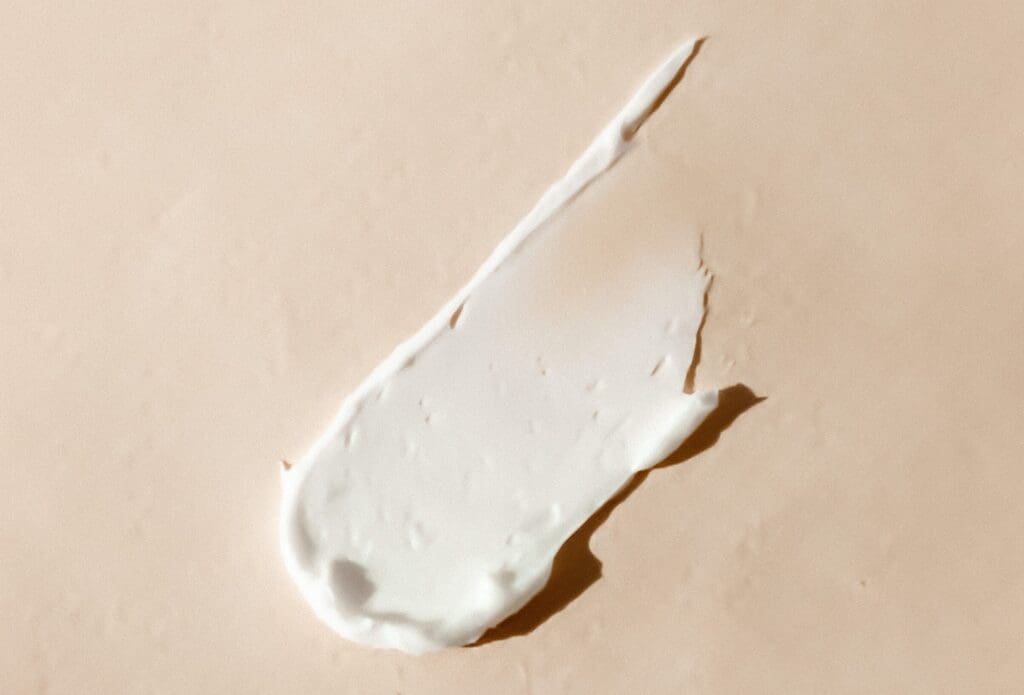
Precautions and Contraindications
When using retinol, there are a few precautions and contraindications that you should be aware of to ensure that you are using it safely and effectively. Below are some of the most important things to keep in mind.
Pregnancy
If you are pregnant or planning to become pregnant, it is important to talk to your doctor before using retinol. While there is no conclusive evidence that retinol is harmful to a developing fetus, some studies have suggested that it may increase the risk of birth defects when used in high doses. To be on the safe side, it is best to avoid using retinol during pregnancy.
Sun Damage
Retinol can make your skin more sensitive to the sun, which means that you need to take extra precautions to protect your skin from sun damage. Make sure to wear sunscreen with a high SPF whenever you are outside, and try to avoid spending too much time in direct sunlight, especially during the peak hours of the day.
Skin Allergies
If you have sensitive skin or a history of skin allergies, it is important to be cautious when using retinol. Some people may experience skin irritation, redness, or dryness when using retinol, especially if they are using it for the first time. To minimize the risk of a reaction, start by using a low concentration of retinol and gradually increase the strength over time.
In addition to these precautions, it is also important to avoid using retinol if you have recently had a sunburn or if you are using other skin care products that contain alpha hydroxy acids or benzoyl peroxide. These ingredients can increase the risk of skin irritation and may make it more difficult for your skin to tolerate retinol.
Consulting a Dermatologist
If you are considering incorporating retinol into your skincare routine, it is recommended that you consult with a dermatologist or other healthcare provider first. They can help you determine if retinol is right for your skin type and address any concerns you may have.
A dermatologist can also help you choose the right retinol product and advise you on how to use it properly. They can also monitor your skin’s reaction to the product and adjust your routine as needed.
It is important to note that retinol can have side effects, such as dryness, redness, and flakiness, especially when first starting to use it. A dermatologist can help you manage these side effects and ensure that you are using the product safely.
In addition to addressing the signs of aging, a dermatologist can also help you with other skin concerns, such as acne or sun damage. They can provide personalized recommendations and treatment plans to help you achieve your desired results.
